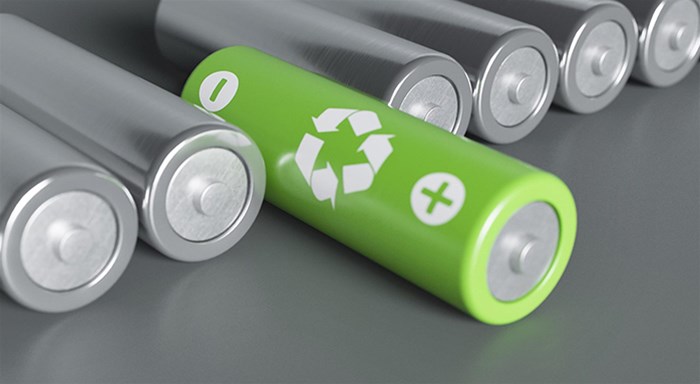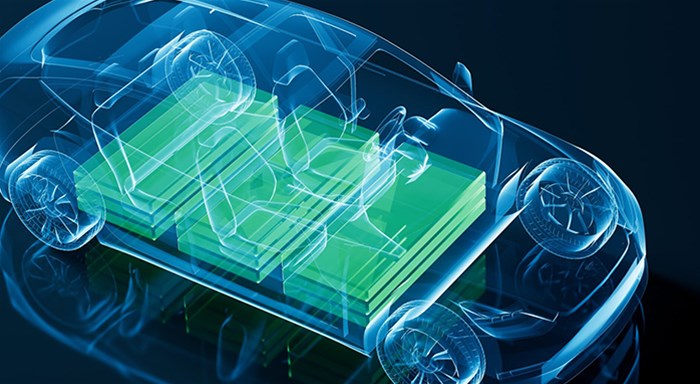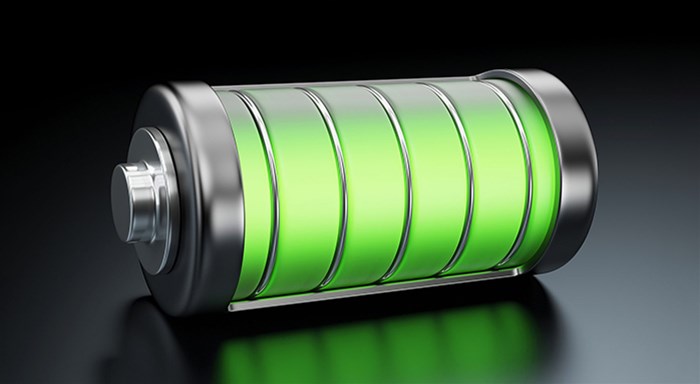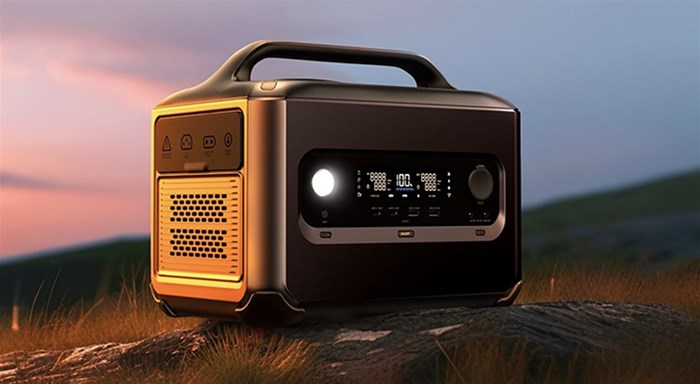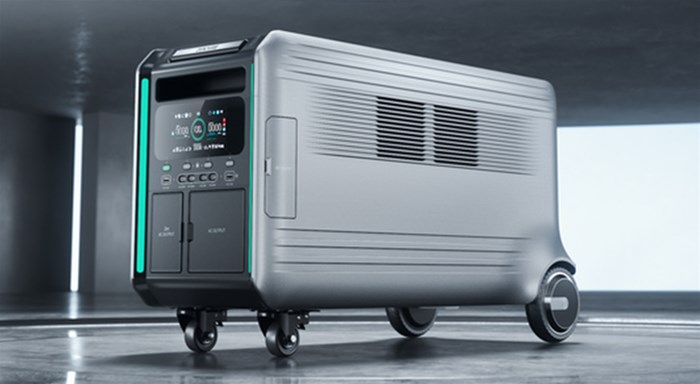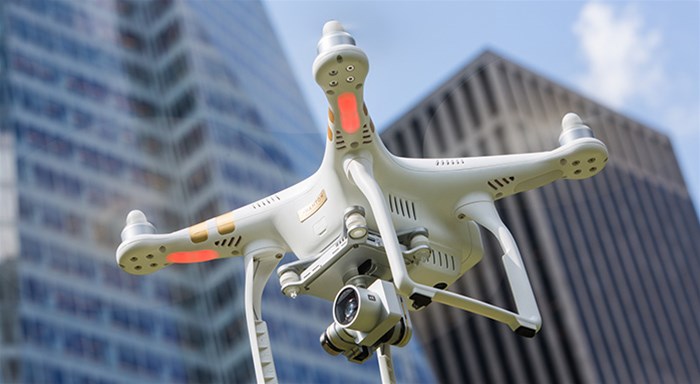-
Home
- Battery
- Application
- Solution
- News
- About Us
Inquiry
Contact UsIf you have any questions, please contact us immediately! Classify
Classify- Consumer electronics field
- Energy storage field
- Aerospace field
- Military field
Consumer electronics field
-
What are the classifications of lithium batteries?
With the rapid development of science and technology and the gradual deepening of environmental awareness, lithium batteries, as a clean, efficient and renewable energy source, have been widely used in various fields. Whether it is consumer electronics such as mobile phones and laptops, or emerging industries such as electric vehicles and energy storage systems, lithium batteries play a vital role.
Views:8 Post Date:2024-03-02 -
Lithium Polymer Batteries vs. Lithium-Ion Batteries: In-depth Discussion and Comprehensive Comparison
With the rapid development of science and technology and the gradual strengthening of global awareness of environmental protection, new energy vehicles have stood at the forefront of the market and attracted much attention. As the core power source of new energy vehicles, the performance of power batteries is directly related to the overall performance of the vehicle. Among many types of power batteries, lithium polymer batteries and lithium-ion batteries are the most widely used,
Views:8 Post Date:2024-03-01 -
Revealing the specific capacity of lithium batteries: how to calculate and evaluate
With the rapid development of technology and the increasing popularity of electronic devices, lithium batteries have become an indispensable part of our lives. Whether it is smartphones, laptops, electric vehicles, or energy storage systems, lithium batteries have won widespread recognition and application due to their unique advantages. However, many people may not understand an important parameter of lithium batteries-specific capacity.
Views:23 Post Date:2024-02-26 -
Which outdoor power supply is better, lithium iron phosphate or lithium battery? ——Comprehensive analysis and comparison
With the rapid development of technology and the increasing popularity of outdoor sports, outdoor power supplies have become a must-have equipment for many people when traveling. However, faced with the dazzling array of outdoor power products on the market, consumers often get entangled: which one is better, lithium iron phosphate battery or lithium battery?
Views:8 Post Date:2022-11-28 -
Outdoor large-capacity power bank and lithium battery: comprehensive comparison and selection guide
With the rapid development of technology and the increasing popularity of outdoor activities, people's demand for portable power sources is increasing day by day. In this context, outdoor large-capacity mobile power supplies and lithium batteries have become two popular choices.
Views:9 Post Date:2022-11-28 -
Advantages and practical applications of polymer lithium batteries in the drone industry
With the rapid development of science and technology, drones have gradually penetrated into various industries. From military reconnaissance to aerial photography to logistics and distribution, the application scenarios of drones are constantly expanding. In this process, polymer lithium batteries, as a new type of energy storage device, have gradually become the preferred battery in the drone industry due to their unique advantages and wide application prospects.
Views:11 Post Date:2021-08-10
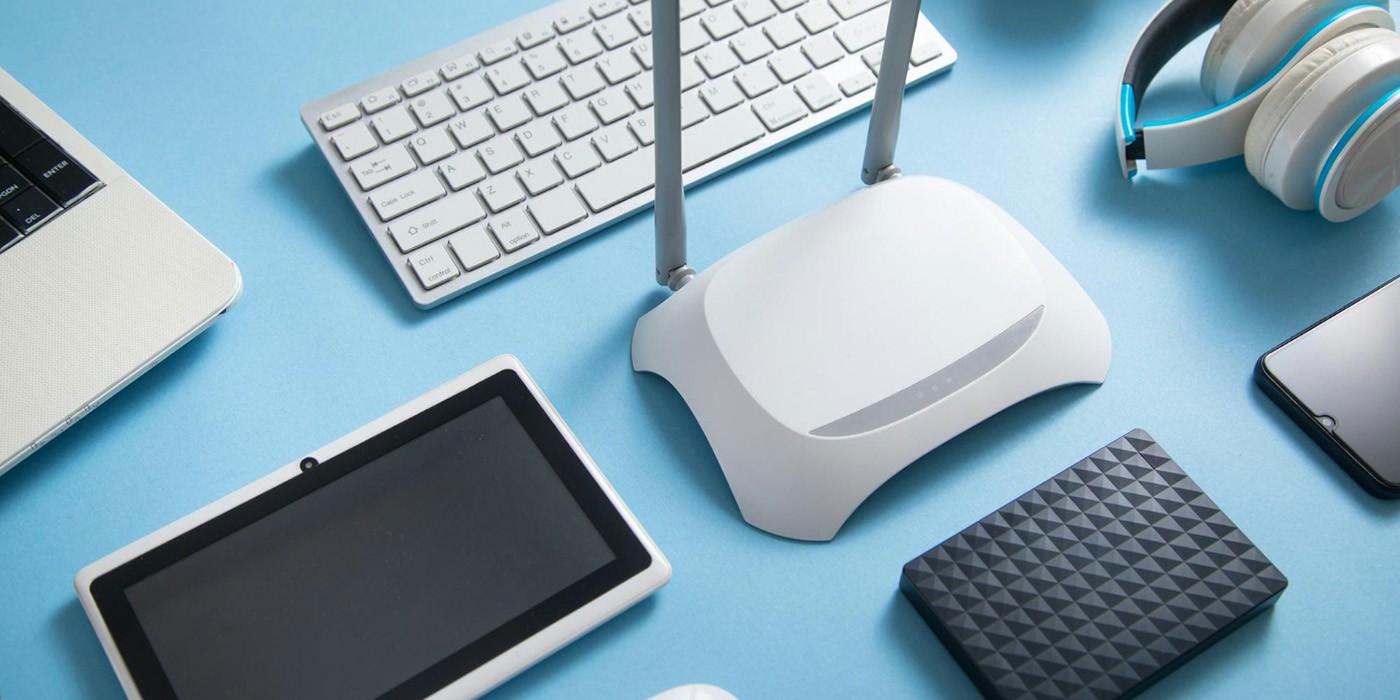 Communications electronics
Communications electronicsWith the proliferation of communication electronic devices, the demand for lithium battery solutions for communication electronics is expected to continuously grow. In the future, this solution will evolve towards greater safety, reliability, efficiency, and intelligence. Communication electronic lithium batteries are tailored for various communication electronic devices, such as base stations, routers, switches, fiber optic transceivers, and other industries, providing lithium battery solutions.
Battery selection: Select the appropriate lithium battery type and capacity based on the power consumption, battery life and volume requirements of communication electronic equipment. Common lithium battery types are lithium polymer batteries (LiPo) and lithium ion batteries (Li-ion).
Protective board design: In order to protect lithium batteries from adverse usage conditions such as overcharge, over-discharge, over-current, short circuit, etc., a suitable protective board needs to be designed. The protection board should have high-precision voltage detection, current detection and temperature detection functions to ensure the safe use of the battery.
Charging management: In order to ensure the charging safety and efficiency of lithium batteries, a suitable charging management chip needs to be used. The charging management chip should have functions such as constant current charging, constant voltage charging, temperature protection and charging status indication.
Discharge management: In order to improve the discharge efficiency and service life of communication electronic equipment, a suitable discharge management chip needs to be used. The discharge management chip should have functions such as overcurrent protection, short circuit protection and temperature protection.
Balance management: In order to extend the service life and improve the performance of lithium batteries, the battery pack needs to be balanced. Balance management can be achieved through hardware balancing and software balancing to reduce the differences between individual cells and improve the overall performance of the battery pack.
System integration: Integrate the protection board, charging management chip, discharge management chip and balancing management onto a circuit board to form a complete communication electronic lithium battery solution.
Testing and Validation: After the design is completed, the lithium battery solution needs to be tested and validated to ensure its performance and safety in actual use. Test items include battery capacity test, charge and discharge efficiency test, cycle life test, overcharge and over-discharge test, etc.specific solutions

Base Station
For the base station, you can choose to use lithium-ion or lithium-polymer batteries. Lithium-ion batteries have higher energy density and can provide longer battery life. Lithium polymer batteries have high flexibility and can adapt to the complex structure of the base station.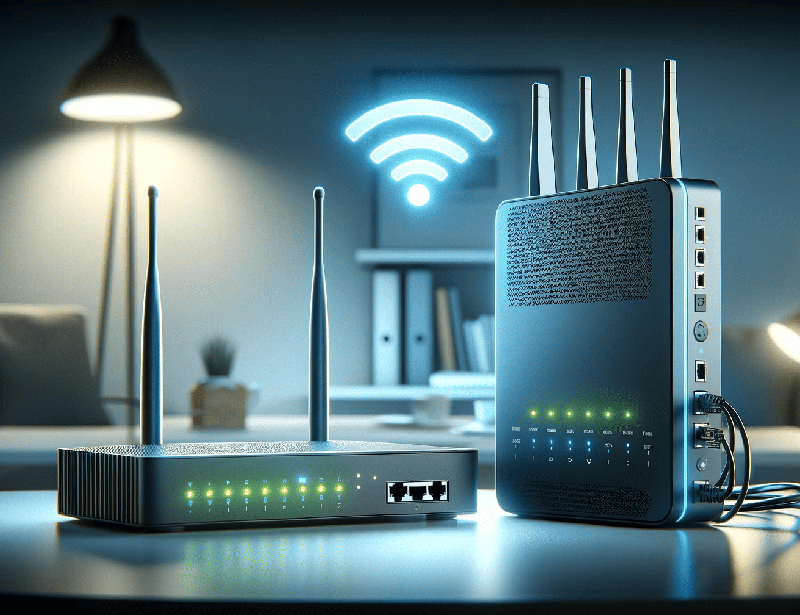
Router
For routers, you can choose to use lithium polymer batteries. Lithium polymer batteries have higher energy density and lower cost, which can provide routers with longer battery life and lower prices.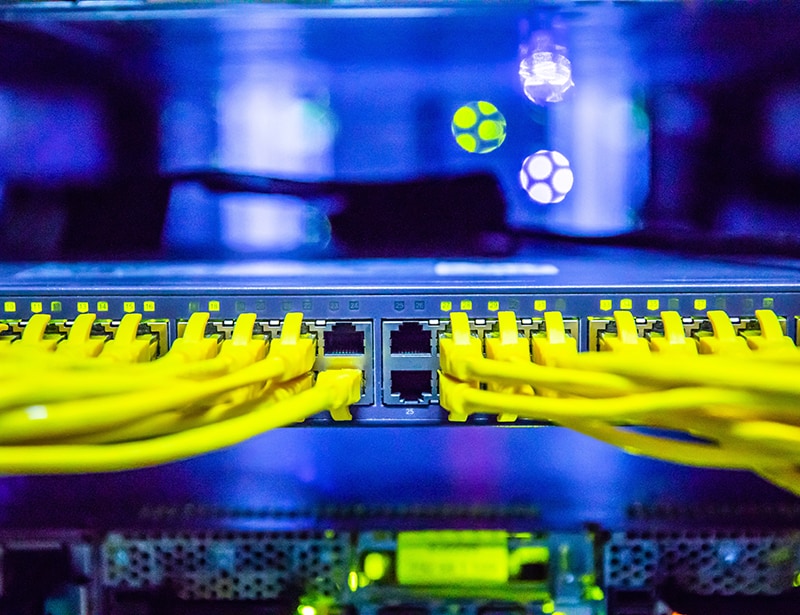
Switch
For switches, there is the option of using lithium-ion batteries. Lithium-ion batteries have higher energy density and can provide longer battery life for the switch.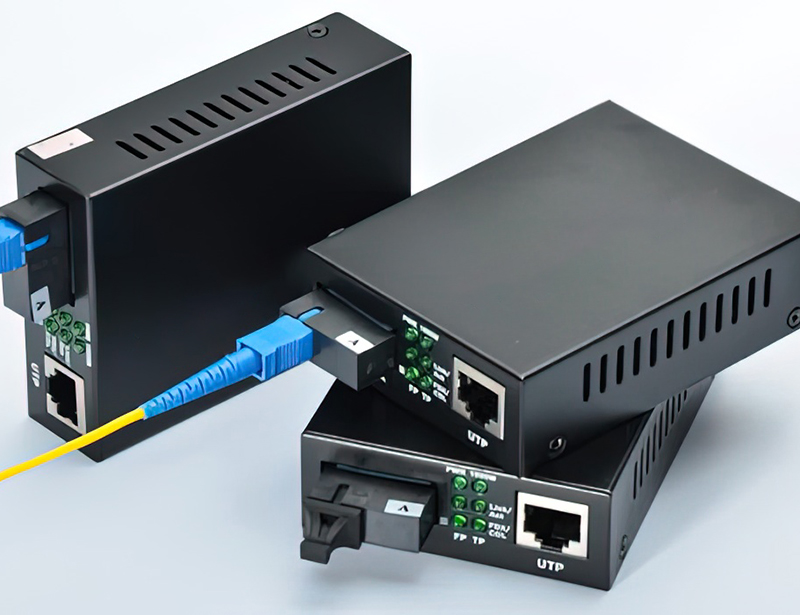
Fiber optic transceiver
For fiber optic transceivers, you can choose to use button batteries or lithium-ion batteries. Coin cells have smaller size and lower cost, making them suitable for use in small fiber optic transceivers. Lithium-ion batteries have high energy density and are suitable for use in large fiber optic transceivers.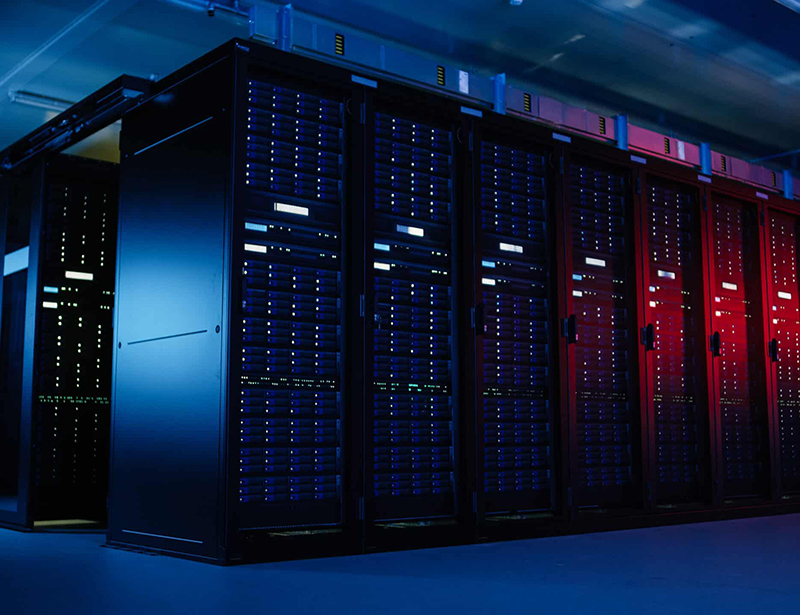
Server
For servers, lithium-ion batteries are optional. Lithium-ion batteries have high energy density, high power, support high loads, and can provide servers with longer battery life.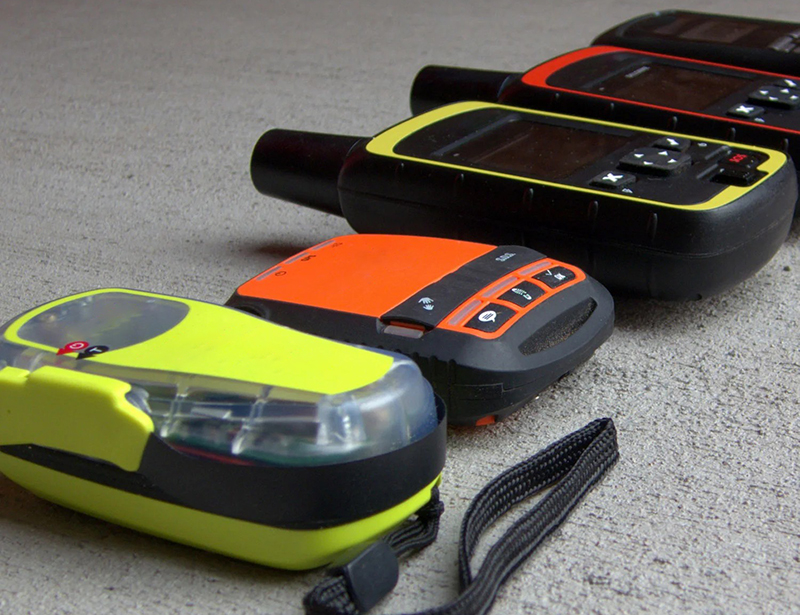
Satellite Communication Equipment
For satellite communication equipment, there is an option to use lithium-ion batteries. Lithium-ion batteries have the advantages of high energy density, long battery life, high and low temperature resistance, and adaptability to harsh environments.
Follow us- +86 0769-21688994
- Room 603, Building 9, No.1 Boheng Second Road, Songshanhu Park, Dongguan City, Guangdong Province
All rights reserved © Guangdong Qiantu Battery Technology Co., LtdQiantu Battery - Battery

